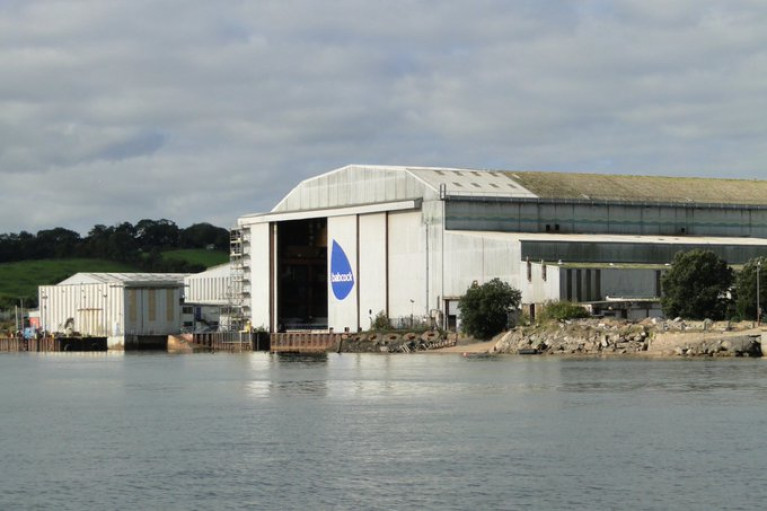A UK shipyard that built a quartet of 'Beckett' class OPV's for the Irish Naval Service has been given a British Ministry of Defence pledge to build three warships which has been hailed as good news for Appledore Shipyard in north Devon.
The shipyard has been actively seeking skilled boat builders after being bought by new operators Infrastrata, the asset management firm behind Harland & Wolff.
Tim Jones, chairman of the Appledore Taskforce and the South West Business Council, said if Appledore was successful in bidding for the work, it could see the ship yard back to full strength.
He said: "During the run up to the purchase of the Yard by InfraStrata, discussions took place with Senior officials in Whitehall, which gave encouragement to the prospect that MoD work would be directed to the Yard.
For much on the development BusinessLive reports.
Afloat adds asides the 'Beckett' OPV90 quartet (see photo caption), an earlier version in the form of the 'Roisin' OPV80 class pair were also built for the Naval Service at the south-west English shipyard though when owned by Appledore Shipbuilders.


























































